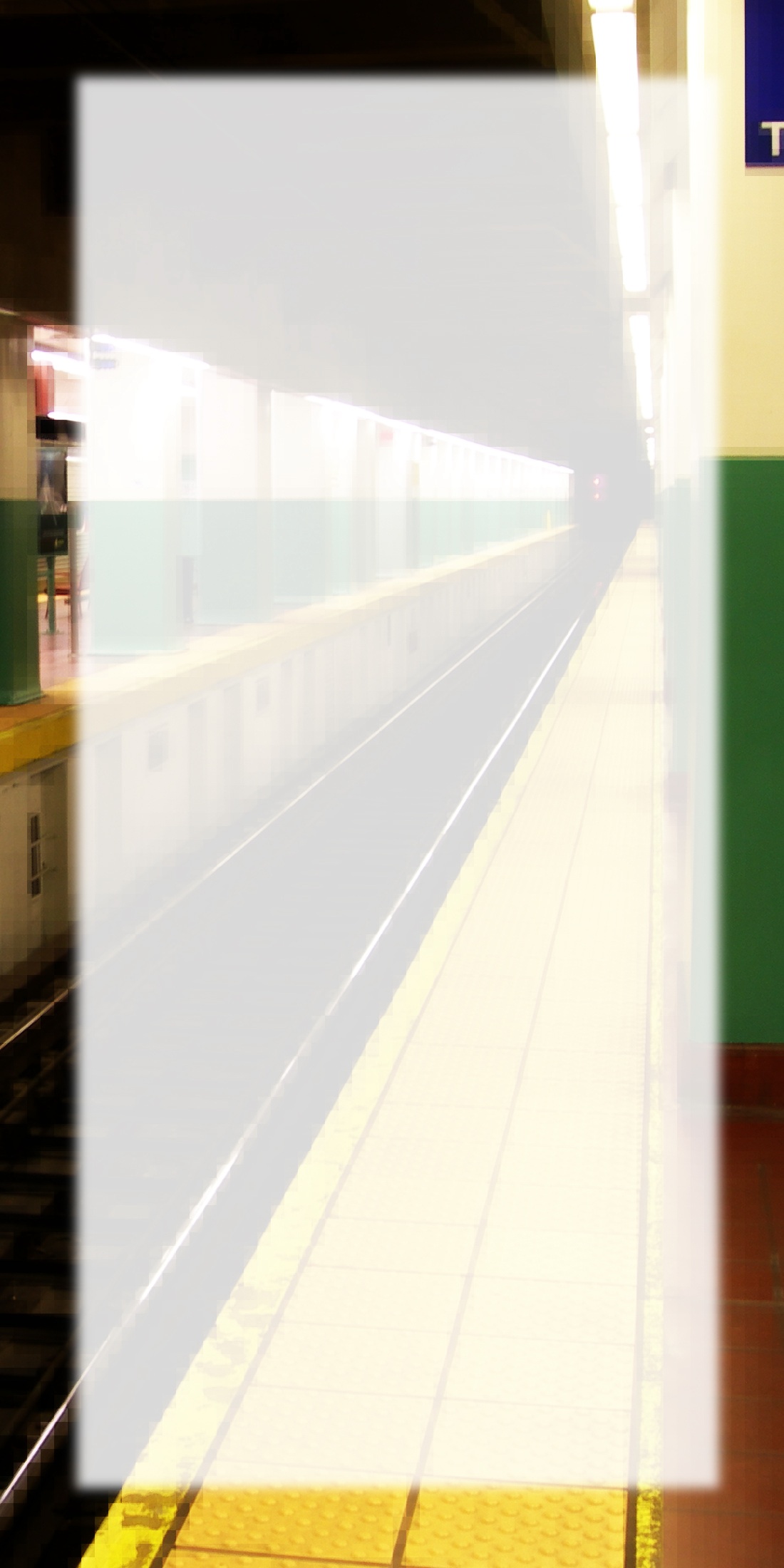“But, how could you?” asked John.
“I don’t know. Maybe I’ll go crazy. That’s not out of the question.”
“Well, that’s comforting,” said John.
“Did I ever tell you,” said Kate, “that in our last lives we were lovers? Before that, you were my son.”
“That’s disgusting,” said John, but he smiled when he said it, and Kate smiled back.
“Before that, we were lovers. You were an African princess. I was a con-man posing as a traveling dignitary.”
“Makes an awful lot of sense,” said John. He curled an arm around Kate and turned her into him until their bellies pressed together. “What happened to us? Unforeseeable dashiki accident?”
“Close. I was gored by an ibex.”
“I’m not even sure I know what that is. Some manner of stapler?”
“Yes, with antlers.”
“Well. Well, you were very unlucky.”
“At that moment,” said Kate, “sure.”
They spoke to a shrink called Kessler in Birkenstocks who kept a dreamcatcher over his desk, and a photo of his wife, a smiling, freckled bra-less woman standing beside an elephant, in a beaded frame on the wall between Ganesha and a Tibetan fertility mask.
He asked, “What is this death that you fear? Or, is it success? What is the symbolism of a gun? Is it phallic? Does it represent change?”
“Does your wife know that you’re cheating on her?” Kate asked before John could answer. She had a sore throat coming on and was handling it poorly. There’d been a change in the whole of her, static-starting like a tickle in the throat; lately, her readings had been taking a largely negative spin, a phenomena Mel the circus administrator once referred to as half-empty syndrome. What she saw was still sharp as ever but there were shadows at the edges, shadows that crept in and pressed over everything, as through cataracts.
“What kind of reaction were you trying to get out of me with that question?” asked Kessler. He was very calm until he knocked over a water glass. Then he scooted in closer, edging away from the picture of his wife and the elephant.
“None,” said Kate. “It was rhetorical. It represented change. Tell me, is this furniture from Cost Plus or Pier 1? Because I was just telling John the other day that what we need for the new place is a fucking credenza from Djibouti.”
“I’m sensing a lot of conflict, here,” said Kessler.
Kate held John’s hand and told Kessler how she would die, how it had been foretold and repeated and accepted, a thing passed down like a recipe or a lullaby. In the snow, she said, not far from civilization. She told him about knowing and not fighting, she told him about light and warmth and sleep. Then she crossed her legs and shrugged. It was an old story and she was tired of telling it.
“And what does this freezing represent?” asked Kessler. “What about you has gone so cold?” Water seeped down from his desk to his thigh, a dark, slow khaki spread, changing, indecipherable as a mouth.
John bought himself a silver flask off of Craigslist and filled it with Bombay Sapphire. He took sick-days and watched Oprah, Dr. Phil, Judge Judy. He paid attention to people and their problems, how they took charge of their lives.
He quit his job at the fortune cookie factory. He was tired of other people’s futures, as banal and interchangeable as they might be. He was tired of hearing that rich was the man who had friends (in bed) and that the sun shined hottest on he who loved himself (in bed). Before leaving, there was a weeping drunken tirade in which John donned a yellow construction hat and demanded of his coworkers, "Who do we think we are, God? We try to encapsulate humanity on slips of paper stuffed inside bland, unsatisfying sweets! And lottery numbers! And learn Chinese word-by-word!”
